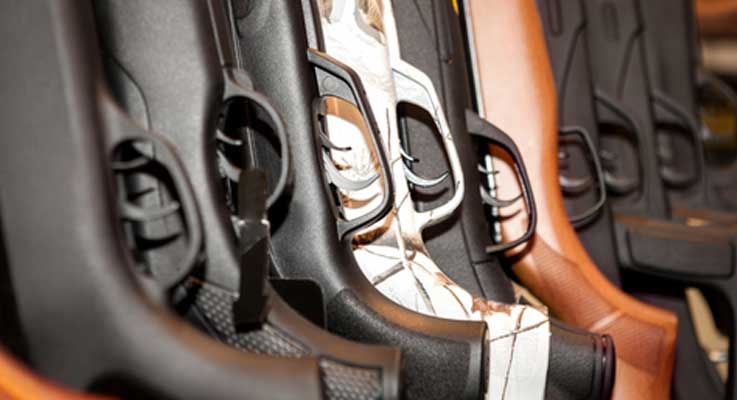Myth: The government says expanding background checks from five years to the entire lifetime of a firearms licence applicant, will enhance public safety and keep guns out of the hands of mentally ill people.
Reality: People with long histories of mental health issues self-disclosed on firearms licence applications are issued firearms licences by the RCMP.
During the question and answer portion of testimony before the Standing Committee on Public Safety and National Security (SECU) committee on May 24, 2018, Liberal MP Peter Fragiskatos stated:
“There’s been many reports throughout the country that individuals have been able to access firearms and they’re mentally ill, they have struggled with these challenges throughout their lives, they have disclosed this in their application and yet they’re still given a firearm, so that’s, that’s very concerning.”
Fragiskatos is correct. That people with known mental health issues are issued firearms licences is deeply disturbing.
Removing the five-year limit on background checks will not stop this, however, because the time period of the background check is not the issue. The issue is that the RCMP did not do its job and deny those licence applications.
Adrian Clavier, one case referred to by Mr. Fragiskatos, was a 50-year-old man who killed himself in 2015 with a legally owned and registered handgun.
Clavier had a 35-year history of mental illness. He disclosed this on his firearms licence application form. His family members reported their concerns as well.
The RCMP issued him a firearms licence anyway.
The family continued to raise alarms with authorities. Those concerns were ignored.
“They were told that because the guns were licensed and properly stored, and there had been no complaints, there was nothing the RCMP could do.”
Corey Lewis, the other case referred to by Mr. Fragiskatos, was shot and killed in a “suicide by cop” when police responded to the latest in a long string of domestic dispute calls at his Okotoks, Alberta, home.
Lewis disclosed his issues on his firearms licence application, just like Clavier. In his case, Lewis’ wife was not consulted, nor did police check publicly available court documents, according to CBC.
If police will not take long histories of mental health issues into account now, what makes the government believe extending background checks will make any difference?
RCMP told the family it would review the case, but then didn’t respond when the Claviers asked about the results, prompting the family to issue a warning to Canadians:
“I guess it was frankly because we’d been ignored and somebody died because of that. And it shouldn’t have happened,” Reva Clavier said.
“Nothing we did yielded any actions from the institutions that could have made a difference,” said Glenn Clavier, Adrian’s brother.
The issue is not with the length of the background check and changing those goal posts will not and cannot resolve it.
The issue is the RCMP. They are responsible for issuing Possession and Acquisition Licences, and they are not doing their jobs.
The warning signs were there.
The applicants disclosed their problems.
The RCMP ignored the information and issued the licences anyway.
If the goal is to solve the problem of people with mental health issues getting firearms licences, then address and resolve this issue with the RCMP.
Sources:
- https://parlvu.parl.gc.ca/XRender/en/PowerBrowser/PowerBrowserV2/20180524/629/29382
- http://www.cbc.ca/news/canada/saskatoon/federal-gun-control-reforms-mentally-ill-suicide-1.4591618
- http://www.cbc.ca/news/canada/saskatoon/gun-license-suicide-mental-health-1.4493326


Our Inconvenient Charter of Rights and Freedoms